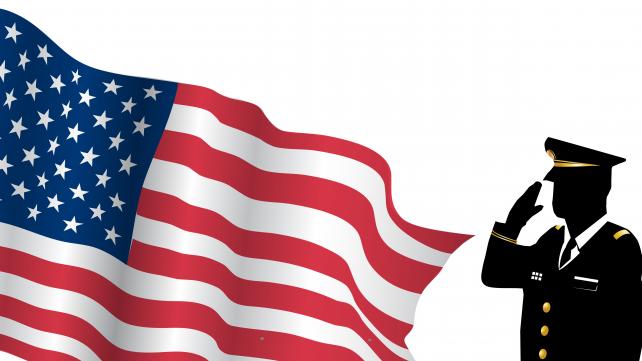By Mahasin D. Shamsid-Deen
(SOUND VISION) Muslim soldiers will typically fall into three categories: They are children of Muslims living in America who have joined the military; they are people in the military who have converted to Islam; they are Muslims from other countries who are currently training or temporarily assigned in America or in the U.S. military. Their work stations them around the country and the world, but they are often away from their home during Muslim celebrations like Eid..
This year, due to Covid-19 restrictions, Muslims in the military are confined to the military installation they are training at or temporarily assigned. In addition, the military protocol for 2021 demands the soldier to quarantine for 14 days if they leave the base. This is without exception. Therefore, many of the soldiers feel less inclined this year, more than ever, to leave the military installation even if just for a few hours, or to attend Eid activities off the installation.
Beyond that, the reality is that soldiers who are training on a military installation typically do not have transportation to leave the base anyway.
When they do find the means to do so, they may have travel passes that only allocate short periods of time for them to come and go.
Trainees are routinely accompanied by a “battle buddy” who may or may not be Muslim. A soldier who is permanent party – meaning he or she is assigned to that particular military installation – may have transportation of their own, but if they live on the base in the barracks or military housing, they may still feel that they don’t want to go through the inconvenience of leaving the installation due to the current Covid-19-mandated 14-day quarantine regulation.
So as Eid-ul-Fitr approaches and we all work collectively to maintain a semblance of community life during COVID, what can you as a citizen living near a military installation do to enhance Eid for soldiers? A lot!
